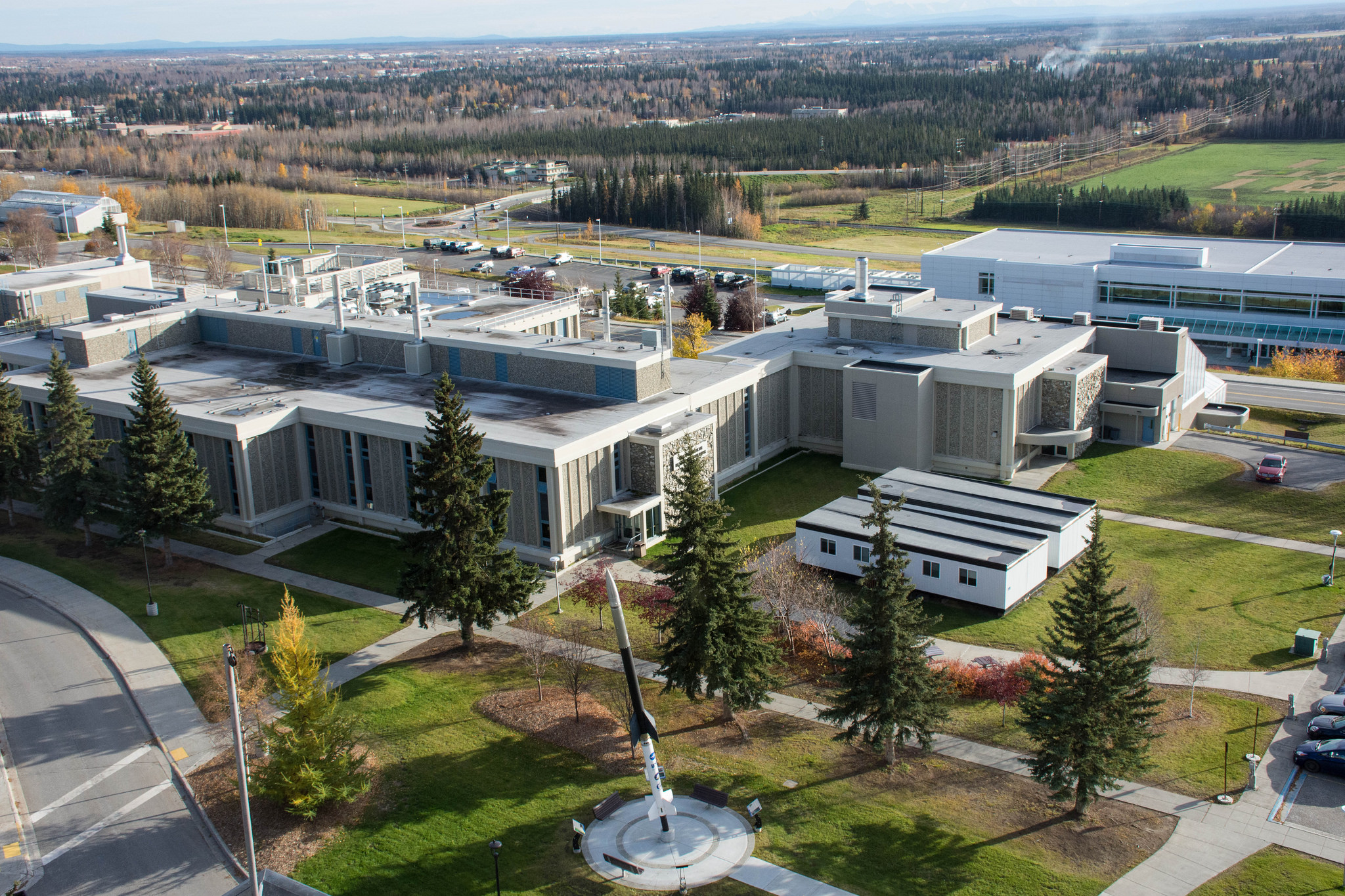How a US Arctic research initiative is pushing to connect science with Arctic communities
Three universities, including two in Alaska, will host the new Community Office of the National Science Foundation's Navigating the New Arctic program.

A major U.S. research effort focused on the impacts of rapid climate change in the Arctic is boosting its efforts to connect the science it funds with communities in the region.
The National Science Foundation’s Navigating the New Arctic program had already included goals related to community resilience, but the program’s new Community Office, announced Monday, will seek to better involve local residents in the research.
The NSF’s Navigating the New Arctic Community Office, will be jointly hosted by The University of Alaska Fairbanks, Alaska Pacific University in Anchorage and the University of Colorado at Boulder.
Research conducted through the Navigating the New Arctic initiative seeks to better understand the impacts of rapid change on food security, public health and safety, marine safety and other aspects of life for people in the Arctic region and the community work conducted at the three universities is intended to connect science to people living in the Arctic.
In all, the NSF plans to devote $50 million to research projects that are part of the new initiative. Already, the NSF said, it has provided $26.7 million in funding for 17 Arctic research projects under the initiative. Those projects address not only problems caused by climate change but seek to investigate possible responses or practical solutions. Among the study subjects: wildfire protections for energy infrastructure, development of energy microgrids for rural Arctic communities and management of expanded Arctic tourism.
The universities’ role as host of the community office is to ensure that local people, especially Indigenous people, are part of the research, UAF said in its statement. The community office will include research and Indigenous advisory boards to help guide the science projects. Those boards will be led by Nikoosh Carlo, an Athabascan from Interior Alaska who advised former Gov. Bill Walker on climate and Arctic policy and held other Arctic management and advisory positions.
The Navigating the New Arctic Community Office has about $5 million in NSF funding to operate for five years, UAF said. At UAF, the International Arctic Research Center will get some of that money for an outreach field office to connect scientists with communities, teachers and students across Alaska.
“Our home here in Alaska is changing rapidly, and the collaborative and holistic way of doing science being promoted by this initiative is a step forward,” Katie Spellman, UAF co-lead of the project, said in the university’s statement. “For the NNA Education and Outreach Field Office, our mission is to ensure that our youth, those who will be inheriting this changing Arctic, benefit from the science in locally meaningful ways and have an active role in it.”
The University of Colorado will hold the central office of the community program and will connect with specialists from programs affiliated with the Boulder campus: the National Snow and Ice Data Center, the Cooperative Institute for Research in Environmental Sciences and the Institute of Arctic and Alpine Research, according to a statement released by the university.
Alaska Pacific University, which is transitioning into a tribal university, will be one of the centers for Indigenous engagement, under the plan.
“At APU, we are committed to honoring Alaska’s Indigenous heritage and preparing the next generation of Alaska’s leaders. Collaborative community-based research in the Arctic will benefit our country and our region, as well as our students and their communities,” Valerie Nurr’araaluk Davidson, APU’s president, said in the CU statement.
The Navigating the New Arctic initiative had its genesis in a “Big Ideas” planning project the NSF launched in 2017. The purpose of the planning project was to find ways to encourage scientific innovation to address pressing national problems. In all, 10 initiatives were produced by the Big Ideas project.